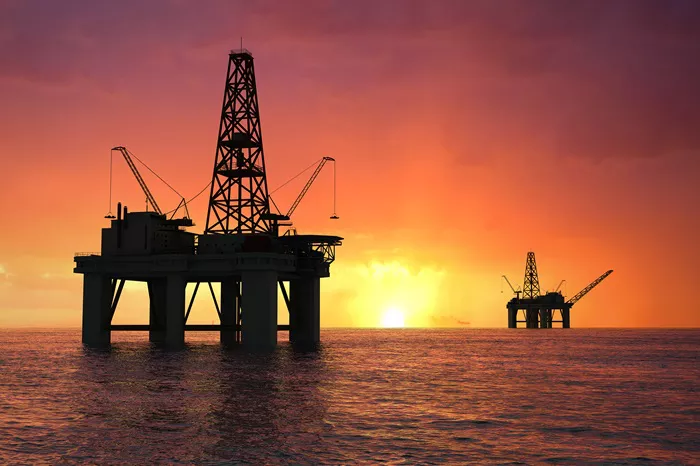Understanding how many gallons of gasoline can be produced from a single barrel of crude oil is essential for comprehending the oil refining process and the efficiency of converting raw materials into usable products. This article delves into the details of the refining process, the yield of gasoline from crude oil, and factors that influence this yield.
The Refining Process
Crude oil undergoes a complex refining process to transform it into various petroleum products, including gasoline. The primary stages of refining include:
Distillation: Crude oil is heated, and its components are separated based on their boiling points in a distillation column. Lighter hydrocarbons like gasoline vaporize at lower temperatures and rise to the top, while heavier components settle at the bottom.
Cracking: This process breaks down larger, heavier hydrocarbon molecules into smaller, lighter ones, increasing the yield of valuable products like gasoline.
Reforming: This step rearranges hydrocarbon molecules to improve the quality of gasoline and increase its octane rating.
Blending: Different refinery streams are blended to produce the final gasoline product that meets specific regulatory and performance standards.
Yield of Gasoline from Crude Oil
On average, one barrel of crude oil (42 gallons) yields about 19 to 20 gallons of gasoline. However, this yield can vary based on several factors:
Type of Crude Oil: Lighter crude oils typically produce more gasoline compared to heavier crude oils.
Refinery Configuration: Refineries equipped with advanced technologies and processes can optimize the yield of gasoline.
Market Demand: Refineries adjust their output based on market demand for different petroleum products.
See also: Who Discovered How To Make Kerosene From Crude Oil?
Breakdown of Barrel Components
A typical 42-gallon barrel of crude oil not only produces gasoline but also other petroleum products. Here’s a general breakdown:
Gasoline: Approximately 19-20 gallons
Diesel and Heating Oil: Around 11-12 gallons
Jet Fuel: About 4 gallons
Liquefied Petroleum Gases (LPG): Roughly 2 gallons
Heavy Fuel Oil: Approximately 1-2 gallons
Other Products: The remaining 3-4 gallons consist of other products like asphalt, lubricants, and petrochemical feedstocks.
Factors Influencing Gasoline Yield
1. Crude Oil Quality
Light vs. Heavy Crude: Light crude oils, with a higher proportion of smaller hydrocarbons, yield more gasoline compared to heavy crude oils.
Sweet vs. Sour Crude: Sweet crude oils, with lower sulfur content, are easier to refine and typically produce a higher gasoline yield.
2. Refinery Technology
Complex Refineries: Equipped with advanced cracking and reforming units, these refineries can maximize gasoline production.
Simple Refineries: Lacking complex processes, these refineries may produce less gasoline and more other products.
3. Market Demand
Seasonal Demand: Refineries may adjust their production based on seasonal demand for gasoline, diesel, and heating oil.
Regulatory Requirements: Environmental regulations can impact the refining process and gasoline yield.
See also: Which Country Has The Largest Proven Oil Reserves?
Economic and Environmental Considerations
1. Economic Factors
Crude Oil Prices: Fluctuations in crude oil prices affect the cost of gasoline production and market prices.
Refining Costs: The complexity and efficiency of the refining process influence production costs.
2. Environmental Impact
Emissions: The refining process and gasoline combustion contribute to greenhouse gas emissions.
Regulations: Environmental regulations aim to reduce emissions and improve fuel quality, impacting refinery operations.
Conclusion
A single barrel of crude oil typically produces around 19 to 20 gallons of gasoline, with the remaining volume yielding other petroleum products. The exact yield depends on the type of crude oil, refinery configuration, and market demand. Understanding these factors provides insight into the complexities of the oil refining industry and the production of gasoline. As technology advances and environmental regulations evolve, the efficiency and sustainability of gasoline production continue to improve.
Related topics:

